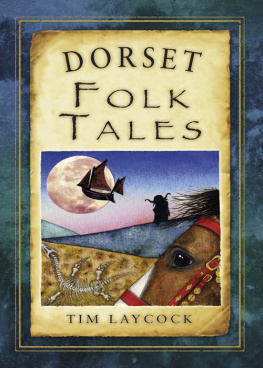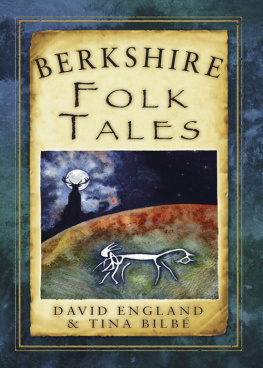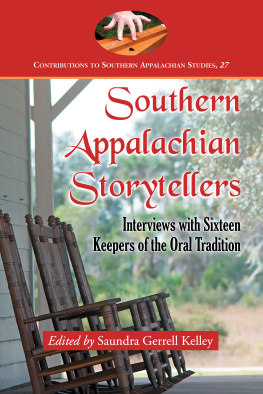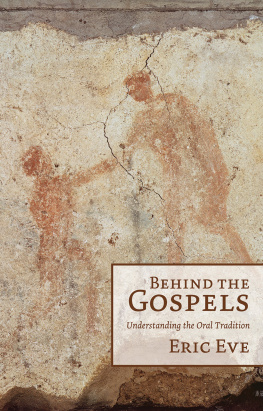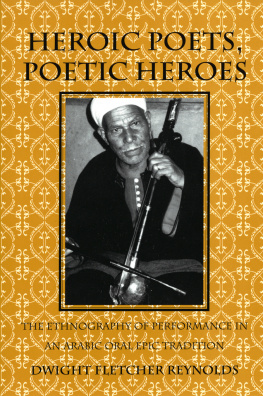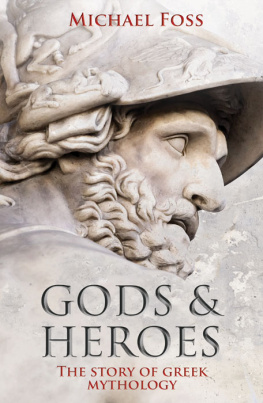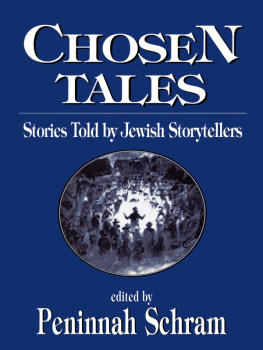Acknowledgement
My mother Ammani who introduced me to Tamil Folklore through proverbs and Dharmic mythology which are my roots and quest to know more about Sanatana Dharma; my father G.Viswanathan for introducing me to books of varied genre, outside prescribed syllabus which helped to gain a holistic perspective.
In terms of Guru (mentor), in typical Sanatana Dharmic sense, is the one who aids the Sishya (Disciple) to elevate oneself towards self realization with the ultimate goal of Moksha (liberation). Despite this definition Sanatana Dharmic texts also state that the Guru does necessarily mean ones own teacher per se but also every man, woman, child and importantly ones immediate ecology and every person who directs, inspires and guides the individual towards his existence. All those who have guided me are Amar Chitra Katha comics which sowed the seed to learn more about Sanatana Dharma in me as a child. My primary school teacher Girija in Mumbai, Lalitha Malaviya my English teacher for a brief period in Chennai who taught me more than English language; Sitalakshmi and Ravindran my Hindi teachers because of whom I am still able to converse, understand and read Hindi and am able to conduct fieldwork across India and interact with people from different walks of life. Begam, for her patience in imparting basics of Tamil literature and introducing me at a young age to Tirukural and Athi Chudi .
In Madras Christian College Prof. Durai, Prof. Vishnu Bhat, Prof. Ganesh, Prof. Rajagopalan and Prof. Nirmal Selvamony for teaching me more than English Literature. Prof. Nirmal Selvamony for introducing me to Tamil Sangam literature and Tamil Folklore, which inspired me to take up Ethnography and Culture Studies. Prof. M.D.Muthukumaraswamy of National Folklore Support Centre (NFSC), Chennai for him guidance while conducting my Ethnographic fieldwork.
Photographer Satish Vaman, Chennai for teaching me basics of photography and in this context appreciate western paintings especially Monet and Rembrandt.
My former colleagues in NFSC Siva Subramaniam, Devan, Theenarasu, Kannan, Jishamol, Shankar Rama Subramanian, Siva Sakthi Subramaniam, Leelavati, Deepa, Veerashekar and Dhanya Ramesh. Importantly, among them, Rengaiah Murugan my co-fieldworker with whom most of my fieldwork at NFSC was conducted. Satchidanandam for his constant encouragement and his curiosity about my work. Balaji Srinivasan, Gandhi, Dalavai Sundaram, Kadalkarai, Vil Vijayan and Ghana Ramakrishnan who gave me numerous insights into Indian Folklore, more in Tamil context. Peter Claus for his constant inputs from his own fieldwork experiences in Andhra Pradesh and Karnataka.
I would like to thank each person who helped me in terms of giving numerous insights into each tradition I have documented.
In Urumulavaru project I would like to thank, Urumula Naganna for guiding me through various facets of his tradition, Prof. Sesha Sastry for his patience in answering my numerous questions and his hospitality, Venkata Ramana for patiently translating numerous conversations and interviews with people in Anantapur district. Moinuddin for ferrying us around Anantapur town and to Bodiganidotti village even at odd hours of the night, Nagi Reddy of Reddipatti village, Akkulappa and Sri Akkammagaru Gudikattu members of Bodiganidotti village.
In Jambapuranam project I would like to thank, Prof. Subbachary and Satya Narayana for helping me in translating numerous interactions and interviews with people in Telengana region. Dakkali community members, Kankayya and Gopal of Nashkal Village. Nulaka Chandiah community Jambapuranam narrators Nandadeepam Somalingam, Nandadeepam Viriah, Nandadeepam Raja Viriah, Mohana, Nandadeepam Anjaneyulu, Miriyala Devendar, Miriyala Nagender and Miriyala Rajalingam, and Nulaka Chandiah community members in Kolanapaka village. Gosangi Vesham performers Pedda Narasimha of Pedda Nemeli village, Gaddam Venkat Narasimha, Gaddam Srisailam and Gaddam Biksham of Koduru village and the Madiga community members of Koduru village.
In Mailaralinga I would like to thank, Prof. M. N. Venkatesh who helped me to understand Sri Mailaralinga tradition. Driver Halappa, his son Kotesh, Malavva and her son Birappa for their hospitality and for patiently answering my questions. Sri Mailaralinga Kaviya women narrators Malavva, Honavva, Bhravamma, Neelamma and Allah Bharavamma of Hirehadagalli village. Folk singers Parasuram and Ashoka of Angur village. Viresh Achari, Malavvas sister and Madiga community women narrators of Sri Mailaralinga Kaviya Hanumavva, Mayavva, Madiga Hanumavva, Gangavva and Jogamma of Upanayakanahalli village. Mahipati Bhat, Kuruba community male narrators of Sri Mailaralinga Kaviya Chinkkappa Kariyappa Aigala , Mudimallappa Chikkappa Thaligeri, Ningappa Mallappa Jogi, Durgappa Ningappa Jogi, Basavaraj Senna Nilappa Vanjogi, Dyamappa Chikkappa Urumi, Sri Sri Prakash Wodeyar and temple authorities of Sri Malatesha Gudi and Kanchavira Anandappa in Devaragudda village. Sri Sri Venkappa Wodeyar, folk singer Ningappa and his friends, Kuruba community male Sri Mailaralinga Kaviya narrators Malteshappa Dalavai, Yamanurappa and their troupe members of Mylara village, and people of Medleri village
N.S.P. Subramaniam, Chandra Devi, Selva Shankar Mukundan,
R.S. Palanisamy, Jayadevi Sadasivam, Lalita Dandapani, Geeta Vishwakumar and Late Kesavan Sriram of Bharat Travels, Chennai for their curiosity and taking interest in my work which helped me overcome my own cultural blindness.
Aravindan for giving numerous inputs and perspective to understand the allegorical significance of episodes in Puranas and ritual practices in Sanatana Dharma.
Other than these people every person I had meet in my life have thought me one thing or the other. My teachers and school mates from Greater Bombay Educational Society (Now known as Greater Mumbai Educational Society) High School and Junior College, Ville Parle, Mumbai. St. Johns English School and Junior College, Chennai between 1986-1995. Professors and college mates in Madras Christian College between 1996-2001.
To all people across India for tolerating my barrage of questions and patiently replying them. Every family who gave me a corner in their home to sleep and shared their meal.
I am indebted to the vast Indological collection of books at the Prof.
K.V. Sarma Research Foundation Library, Chennai and the Librarian Achutha Bhat here for giving me insight into Kannada folklore.
Aruna Balajee for her patience in copy-editing the content of this book and her valuable suggestions which fine tuned the text. Rengaiah Murugan and Prof. Baktavatchala Bharati for their opinion after reading the first draft which gave shape to the present content. J.C. Pillai and Janardanan of MJP Publishing, Chennai for their patient reading of the first draft and giving me hope that this material is book worthy.
At Notion Press I would like to thank the co-founder, Yamini Shekar, Gracy Preeti Gomes, Yamuna Devi, Naveen Valsakumar and Francis Bomban.
Uma Shivkumar for her financial support which helped publish this book.
Bibliography
General
Tapasyananda, Swami. (Trans). Srimad Bhagavata . 4 Volumes. Chennai: Sri Ramakrishna Math. 1980.
Ganguli, Kisari Mohan. The Mahabharata. 4 Volumes. Delhi: Motilal Banarsidas. 1993
Yogananda, Paramahansa. God Talks with Arjuna - The Bhagawad Gita: Royal Science of God-Realization. Kolkata: Yogada Satsanga Society of India. 2005
Valmiki, Ramayana. http://www.valmikiramayan.net /
Meyappan, S. (Ed) Tirukural. Chennai: Manivasakar Nulakam. 2003
Mani, Vettam. Puranic Encyclopedia . Delhi. Motilal Banarsidass. 2010.
Radhakrishnan, S. The Principal Upanishads. Harper Collins, London. 1953, 23rd impression in 2012
Sarma, Visnu. The Panchatantra by Visnu Sarma. Trans. Chandra Rajan. New Delhi: Penguin. 1993.
Next page

